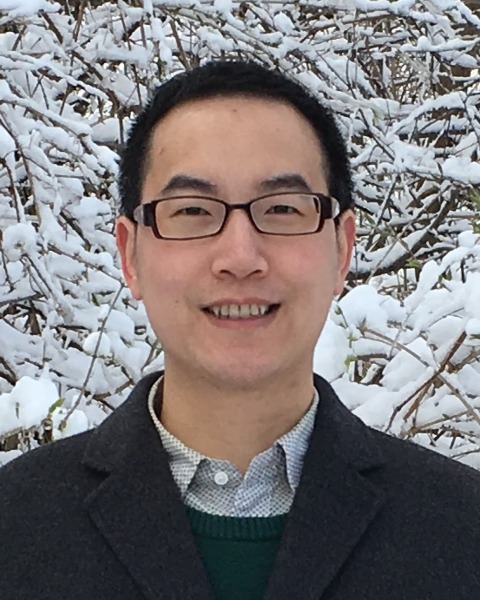
Qiang Wang (he/him/his)
Instructor
Houston Methodist Research Institute
Dr. Qiang Wang is an Instructor at Houston Methodist Cancer Center. He holds a B.S. in Life Science from Fudan University, Shanghai, China (completed in June 2008) and earned his Ph.D. in Molecular Microbiology from the University of Chinese Academy of Sciences, Shanghai, China (completed in July 2013). Dr. Qiang Wang is a trained molecular biologist abd has over 12 years of experience as a well- published researcher, and am an investigators in the fields of tumor biology and immunotherapy in multiple myeloma (MM) and other cancers. For the past 10 years, he has been working on (1) investigating MM microenvironment components that induce MM resistant to chemotherapies and immune response, (2) determining the functional importance of novel genes in myeloma drug resistance, and (3) identifying T-cell subsets that have potent anti-tumor effects after adoptive transfer. His recent research focuses on (a) developing novel therapies by targeting novel genes or MM microenvironment components for overcoming myeloma resistance to chemotherapies and immunotherapies, (b) discovering the potent drugs sensitize cancers to novel chemotherapies. His research will continue focusing on developing effective immune- and biotherapy strategies to cure myeloma patients in combination with high-dose chemotherapy and other biotherapy modalities.Dr. Wang received the Multiple Myeloma Research Foundation-Research Fellow Award Grant (978815400101) for his work on the role of MIF (macrophage migration inhibitory factor) in multiple myeloma drug resistance. He first or co-first authored 4 original articles, one in J Natl Cancer Inst (2016), Cancer Cell (2018) and two in Blood (2020 and 2021), in which he was the first to elucidate the role of macrophage migration inhibitory factor (MIF) in MM staying in the BM and also the role of IL-9-secreting CD4+ Th9 cells, to find out that MIF mediates MM response to chemotherapy and RARγ agonists sensitize MM cells to carfilzomib.
Poster(s):
-
Friday, September 27, 2024